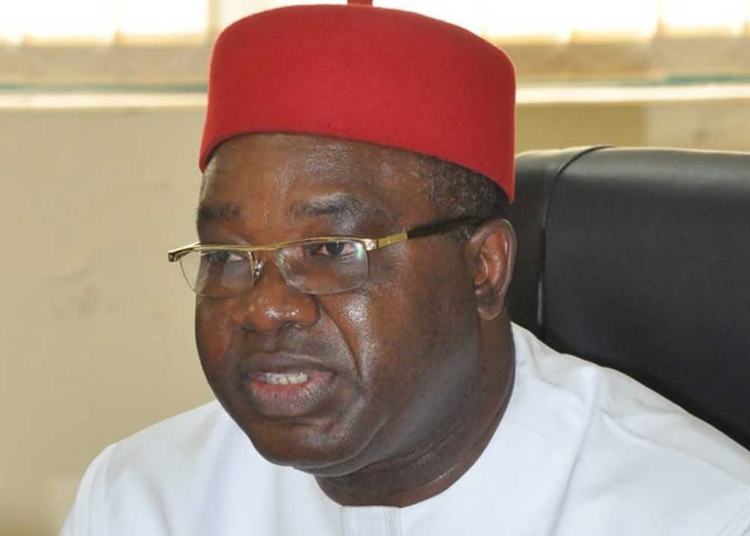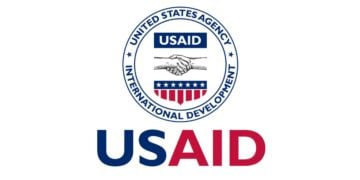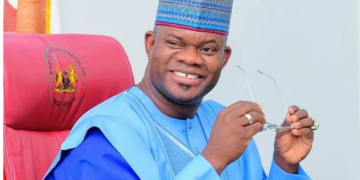The National Human Rights Commission (NHRC) has said that it received a total of 406,088 complaints on human rights violations and monitored over 160 incidents across Nigeria in October 2025.
According to the Commission’s Human Rights Situation Dashboard presented in Abuja on Monday, the highest number of violations were recorded in FCT Abuja, Benue, and Borno States, with sexual and gender-based violence (SGBV) topping the list of reported cases.
Speaking at the presentation, the NHRC Executive Secretary, Dr. Tony Ojukwu (SAN), described the figures as alarming, stressing that the statistics represented real human suffering.
“These are not mere statistics; they are Nigerian mothers, fathers, and children whose dignity has been violated,” Ojukwu said.
He called for urgent government and community action to address rising cases of SGBV, police misconduct, arbitrary detention, and violations of civil liberties.
The October report documented several disturbing incidents, including the defilement of minors and sexual assaults in multiple states. In Lagos State, a man was arrested for allegedly defiling his 19-year-old daughter, while in Ekiti State, two men were accused of assaulting a woman. In the FCT, cases included the rape of a 13-year-old hawker and the gang rape of a 15-year-old girl in Kuje.
Similarly, in Plateau State, a man was arrested for defiling a three-year-old girl, while in Enugu State, a father allegedly defiled his two daughters. In Rivers State, a 13-year-old girl was reportedly assaulted at a football academy.
The Commission reaffirmed its commitment to ensuring justice for all victims and reiterated its support for the public call for justice for Ochanya Elizabeth Ogbanje, the 13-year-old girl who died in 2018 after enduring prolonged sexual abuse.
The NHRC also condemned acts of banishment, citing a case in Benue State where a pregnant widow was expelled from her community for allegedly stealing food to feed her children. Ojukwu described the act as unconstitutional, referencing Sections 34, 35, 40, and 41 of the 1999 Constitution (as amended), which protect human dignity, liberty, association, and freedom of movement.
The report further highlighted violations of the right to peaceful assembly, following police crackdowns on protesters in the FCT demanding the release of IPOB leader Nnamdi Kanu, where journalists were assaulted and several demonstrators arrested.
Also, reacting to recent US criticism over religious killings, Ojukwu maintained that Boko Haram and ISWAP target both Christians and Muslims.
“The common enemy here is Boko Haram, which targets both Christians and Muslims,” he said. “Rather than threats, we urge the international community to support Nigeria’s efforts to end terrorism through partnership and mutual respect.”
Ojukwu reaffirmed the Commission’s dedication to impartiality, transparency, and independence in line with the Paris Principles, describing the Dashboard as a tool for advocacy and accountability, not blame.
The event was attended by Ambassador Fredrich Ebert Stiftung, representing the UN and ECOWAS, who commended the NHRC for its data-driven approach to promoting democracy and human rights.





